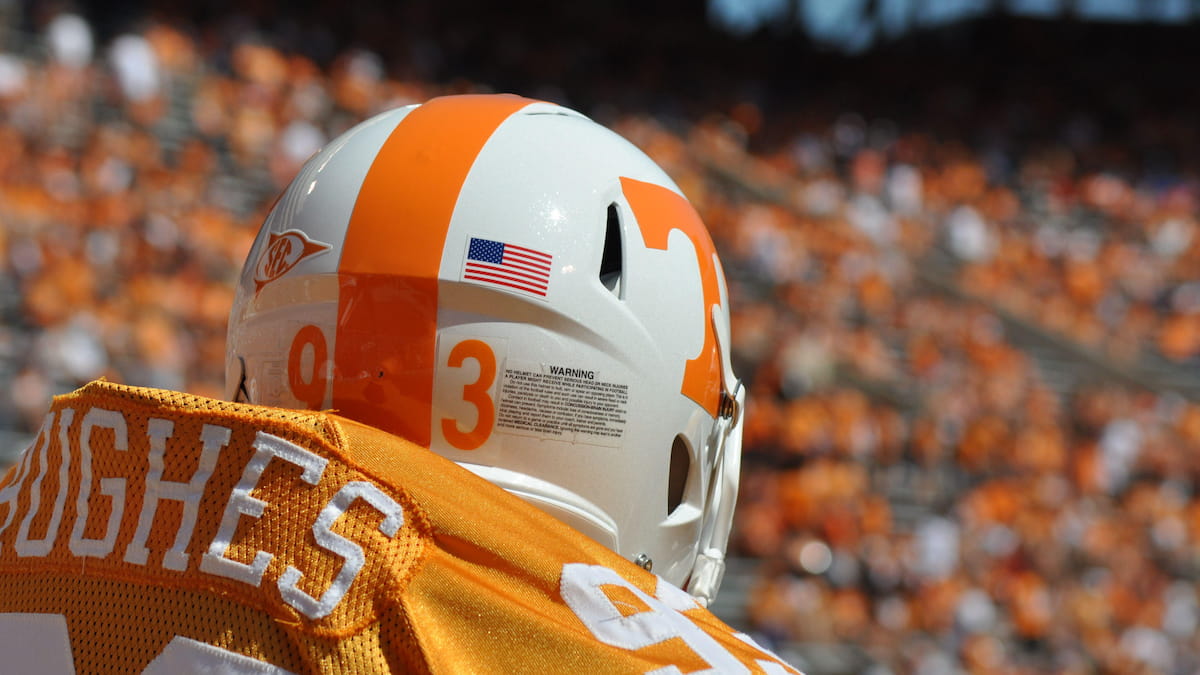Latest Sports Picks, News and Previews

Many modern American sports are defined by their cultural significance. Games like football, baseball and basketball have grown in popularity to the point where colleges have adopted major sports culture in most states as part of their university identity.
In most modern sports, if you are a promising young athlete, you have the potential to be involved in collegiate athletics. In America, many young prospective talents from college get recruited to play in the professional leagues, shaping the culture for future athletes to want to do the same.
When it comes down to the root reason why college sports are so popular in the US, particularly college football, it’s because people get to define what teams and schools best represent themselves. As an American, you’re already representing your pride nationally (like for USA sports team events), but college sports allow you to support smaller “less-professional” sports communities on a more intimate level.
Not every city has its professional team playing in a big league, so the smaller communities are all for passion and entertainment to be preserved outside of just the pro sports leagues. For example, not many people would know of Storrs, Connecticut if their Men’s and Women’s basketball teams didn’t combine for 17 National Championships or would there be a deep rivalry between Chapel Hill and Durham, North Carolina whenever Duke and University of North Carolina face off in any sport.
Students can also represent their own college’s sports teams without being interested in sports at all, but it’s still an integral part of the school’s identity. In the end, the formation of collegiate sports leagues has only increased American passion for the culture as well as created several new avenues for acquiring talent and generating revenue.
Another thing to consider about the role of college sports in shaping American culture is how the reputation of the university’s academic programs intertwines with the athletic identity adopted by that college.
Think of it this way, a prestigious college with a great educational program can bolster its identity even more with a great athletic program or sports team. Or, maybe the athletics portion drives up interest in the school to help create better academic programs by increasing revenue. Either way, this relationship is bidirectional, and being good at one generally helps out the other, especially if school finances and new programs are being created, athletic or not.

While athletic scholarships are completely factored into all the elements we already discussed, it’s still important to look at how finances shape the way sports are played (at a college level).
When it comes to playing at an NCAA Division I level school, scholarships are no joke, and the recruitment process is not only seen by the NCAA but overseen by the professional leagues as well (depending on the sport/league). From the early recruitment process to get players into professional leagues, we can see how college sports singlehandedly affect American culture and help shape all modern American pro sports leagues.
After all, the journey from rags to riches is the story of the America Dream, and college sports can make that dream come true.

Liam has been a major sports fan and soccer player for over a decade, with a particular focus on major top-level soccer leagues, including the EPL, La Liga, Serie A, Bundesliga and MLS. He has written numerous promotional articles for various top sportsbooks and continues to publish historical and factual sports articles covering the NFL, MLS, NHL, MLB, EPL and more.